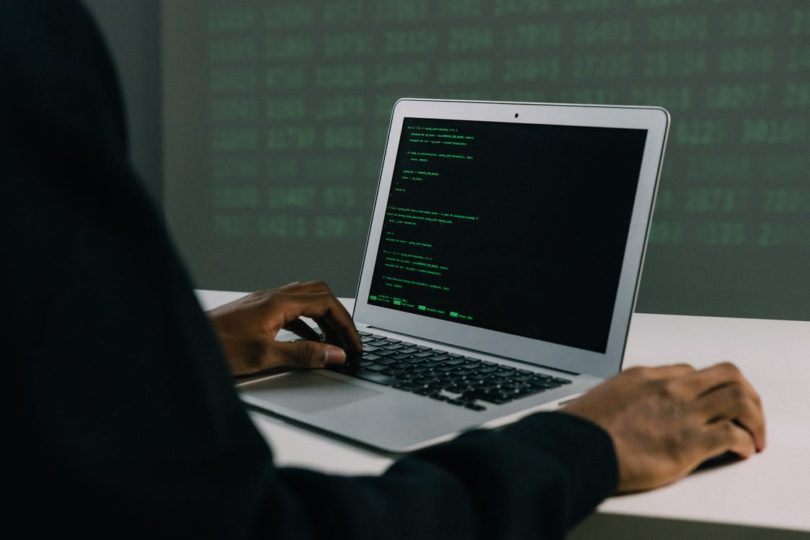Cybersecurity measures are vital for large and small businesses alike.
Costs that can result from data breaches and subsequent actions include damaged public relations, computer system vulnerabilities, and consumer trust issues.
Cyber liability is something that all organisations should prepare for. These measures should cover both the immediate and medium-term costs of data breaches, whether they’re caused by deliberate or unintentional mishandling of personal data and information.
Here’s how you can protect your business from cyber liability damages.
- Hire Expert Information Technology Specialists for Risk Assessment
Making sure that your business has a robust cybersecurity structure in place is your first line of defence. While cyber hacking knows no borders, most businesses that have fallen victim to security breaches are operating in economically advanced countries like Australia, where cybercriminals can receive the best financial gains.
Have your IT staff conduct a security risk assessment. If your team needs some assistance, IT support services in Melbourne can connect you with third-party firms trained in cyber security.
- Develop A Culture of Cybersecurity
Following the evaluation, make sure to use the results forwarded by the risk assessment team. Generally, they’ll outline suggestions for upgrading your system and IT infrastructure, as well as major changes in security policies.
Individuals tasked to handle and safeguard personal information may sometimes be the cause of data breaches. For instance, a cashier may inadvertently expose the credit details of a client while taking calls at the counter. Or, an employee may click email attachments and introduce malicious software into your computer systems.
Put simply, human error plays a major role in the presence of cybersecurity risks, no matter how reliable your systems might be. As such, it’s essential that businesses develop a strong cybersecurity culture and implement stringent security rules on data handling, password creation, and access levels across all departments. Have your staff attend regular cybersecurity training and help them take a proactive approach towards safe data handling.
- Consider Getting Cyber Liability Insurance
The insurance sector is continually evolving to meet the demands of the market. The industry is always on the lookout for emerging threats so they can offer the best risk-specific products for every industry.
You may wish to consider cyber liability insurance that covers a wide range of activities, depending on the nature and needs of your business.
Similar to other forms of business liability insurance, cyber liability coverage can be highly beneficial for your business, allowing clients and partners to have peace of mind when they choose to work with you.
- Minimize Security Vulnerabilities
Apart from making sure that your employees understand their responsibilities and the implications of all types of data breaches, your efforts should be focused on minimizing security risks.
Some businesses may purchase state-of-the-art servers and networks, but often forget to perform simple acts of cyber protection such as updating business software frequently. What makes hackers highly sophisticated is that they don’t lose time studying programs and applications for specific vulnerabilities. They use these vulnerabilities to launch their attacks. And if you’re not careful, you’re only increasing their chances of success.
Software updates improve not only software functions but also resolve system vulnerabilities. The same goes for every anti-virus software and internet firewall.
In brief, below are the things you can do to get you one step ahead of cyber criminals who are out to get your business for money:
- Personal data should be kept confidential, whether in paper or electronic form.
- Use multi-factor authentication and update passwords regularly.
- Utilize end-to-end data encryption to leave hackers very little opportunity to steal stored or shared information.
- Don’t allow your employees to connect to a public Wi-Fi while using their office-issued portable devices.
- Have antivirus and antispyware installed on all your devices to prevent malware, spyware, and other viruses.
- Use virtual private network (VPN) for remote access.
- Install intrusion prevention software to prevent external access and cyberattacks.
- Consider getting a remote wiper app for your employees’ devices. This can be useful to remove sensitive data remotely in the event any of your staff’s devices are stolen.
Final Thoughts
Your business should consider professional help in assessing and identifying cyber risks, as well as in planning how to overcome these vulnerabilities. To determine the best protection measures to implement, hire an expert IT company and purchase insurance to help protect your valuable business assets.
“The opinions expressed by BizWitty Contributors are their own, not those of BizCover and should not be relied upon in place of appropriate professional advice. Please read our full disclaimer."







